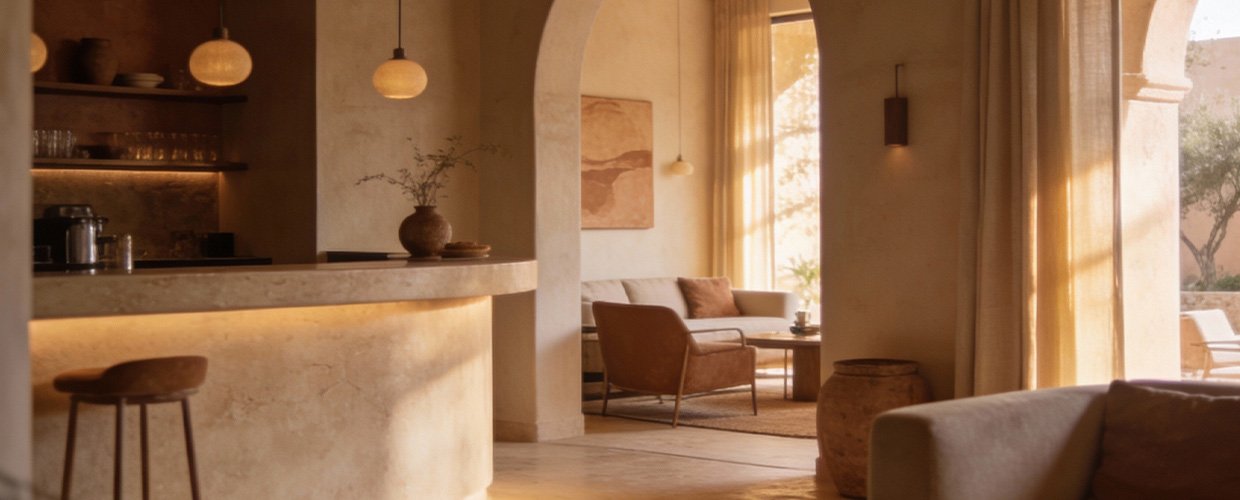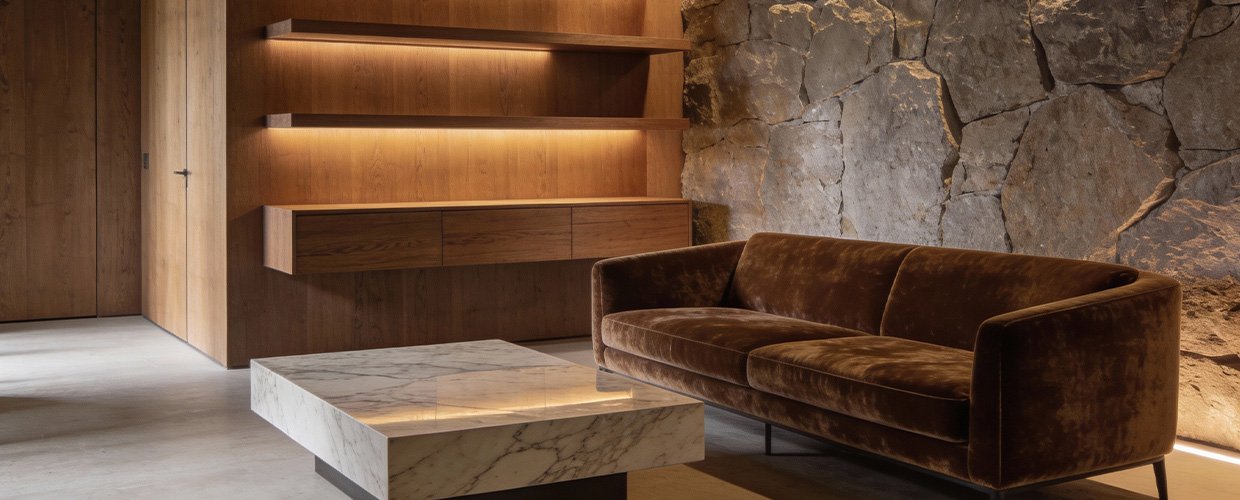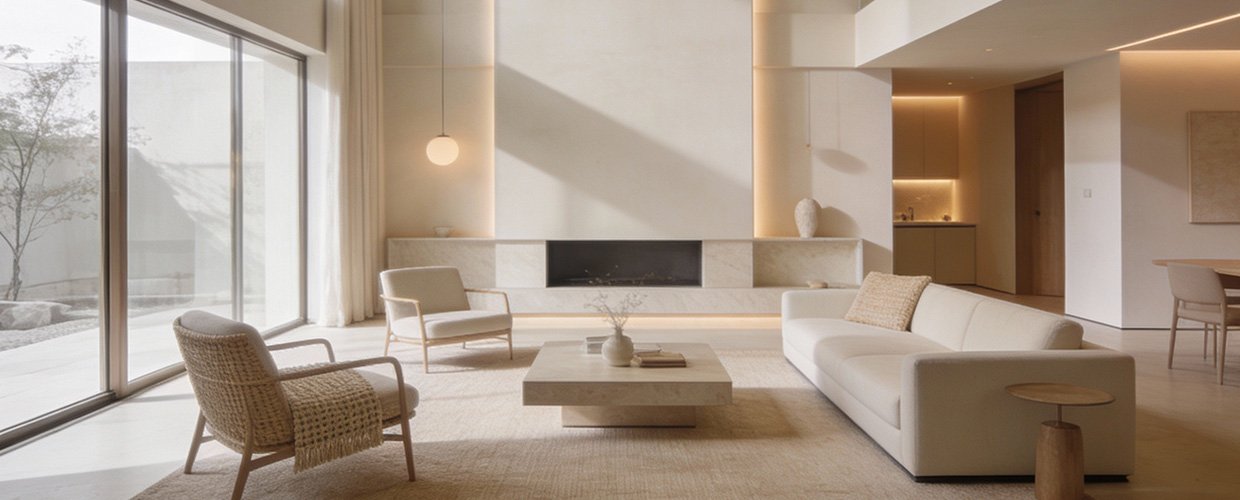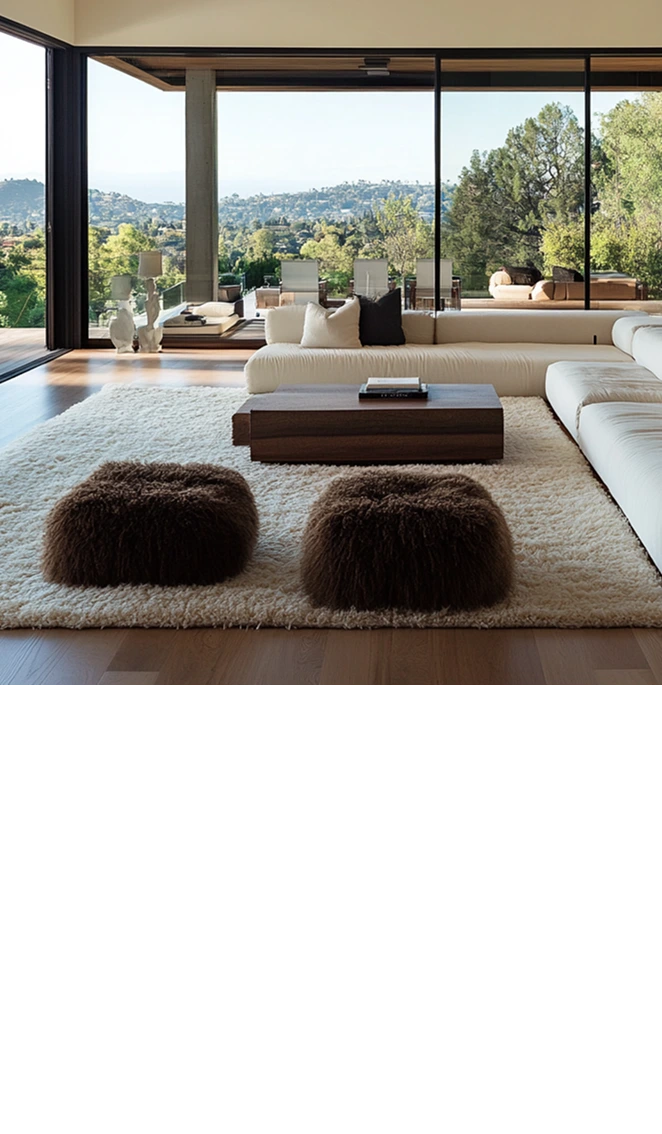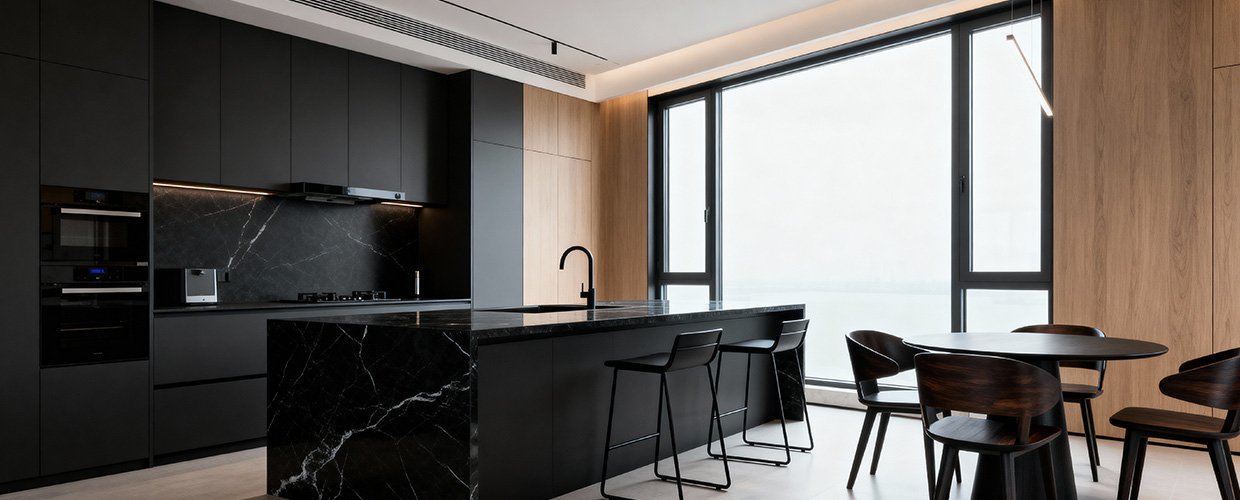
Why Minimalist Architecture Improves Wellbeing and Productivity
In today’s fast-paced world, the environments we inhabit have a profound impact on our mental and physical wellbeing. For wellness enthusiasts, remote workers, and health-conscious individuals, creating spaces that nurture and support one’s lifestyle is more important than ever. Minimalist architecture, known for its simplicity and focus on essential elements, offers a compelling approach to enhancing wellbeing. By eliminating clutter and emphasizing functional design, minimalist spaces can foster tranquility and clarity. In this blog, we explore the principles of minimalist architecture and how they contribute to improved mental and physical health. We’ll delve into the evidence-based benefits of minimalist environments, providing practical applications and accessible solutions that align with AB Concepts’ mission to craft refined and functional spaces. Understanding the link between our surroundings and our state of mind can empower individuals to make informed choices about their living and working environments, ultimately leading to a more balanced, fulfilling life.
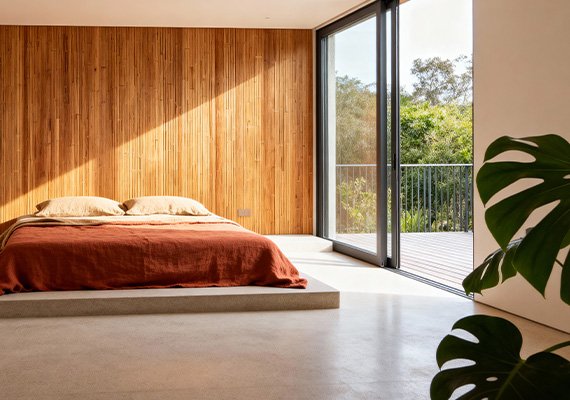
Minimalist architecture centers on the idea that ‘less is more.’ By focusing on simplicity and functionality, minimalist design reduces distractions and promotes a sense of calm. This architectural approach uses clean lines, open spaces, and a limited color palette to create an environment that feels airy and serene. Research supports the notion that such environments can reduce stress, improve concentration, and enhance overall mood. A study published in the Journal of Environmental Psychology found that individuals exposed to minimalist spaces reported lower levels of anxiety and higher levels of satisfaction compared to those in more cluttered environments. This is particularly beneficial for remote workers who require a conducive space to maintain productivity and focus. Moreover, minimalist architecture often incorporates natural light and sustainable materials, which are known to boost wellbeing. Natural light regulates our circadian rhythms, improving sleep quality, while eco-friendly materials minimize harmful toxins in the home. By embracing these elements, individuals can transform their spaces into sanctuaries of health and wellness.
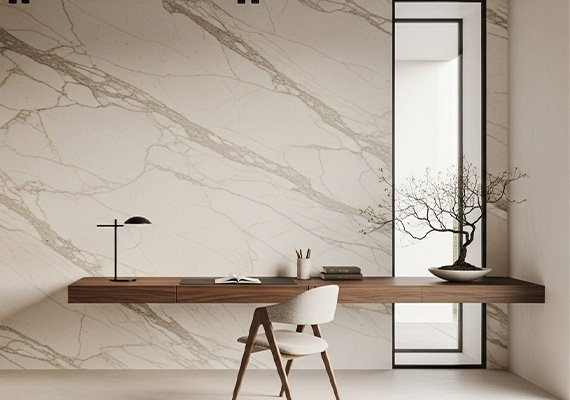
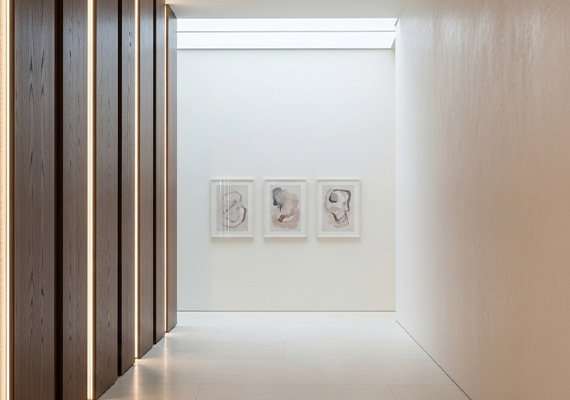
Minimalist architecture is not merely an aesthetic choice; it is a lifestyle that prioritizes wellbeing and functionality. By adopting minimalist principles, individuals can create environments that support mental clarity, reduce stress, and promote a healthier way of living. Key takeaways include the importance of decluttering to enhance focus, the benefits of natural light for regulating sleep and mood, and the use of sustainable materials to create a healthier home environment. As we continue to navigate the complexities of modern life, the spaces we inhabit play a crucial role in our overall wellbeing. By making intentional design choices, we can foster environments that elevate our daily experiences and support our personal and professional goals. For those interested in exploring minimalist architecture further, consider starting with small changes, such as simplifying a workspace or incorporating more natural elements into your home. These steps can lead to significant improvements in wellbeing, aligning with AB Concepts’ purpose of crafting timeless, personal, and functional spaces.
